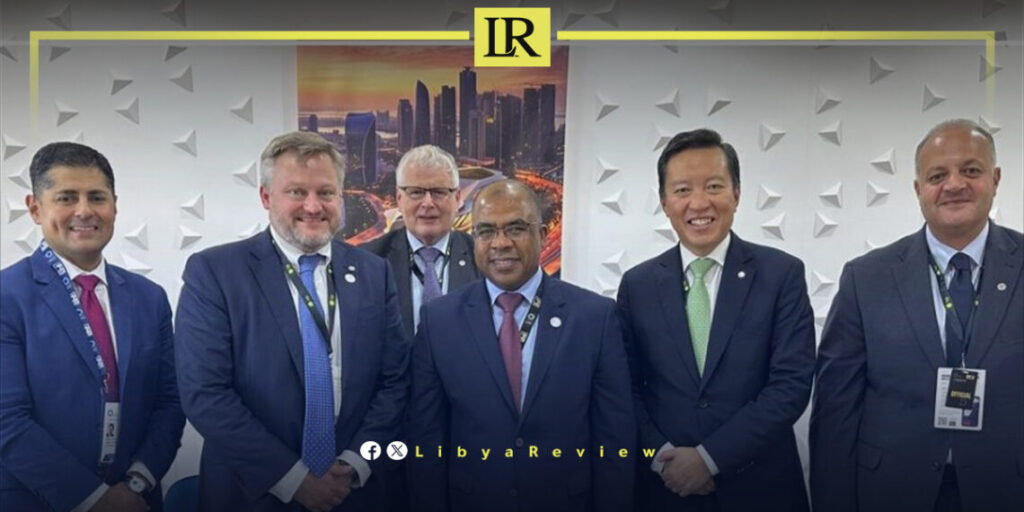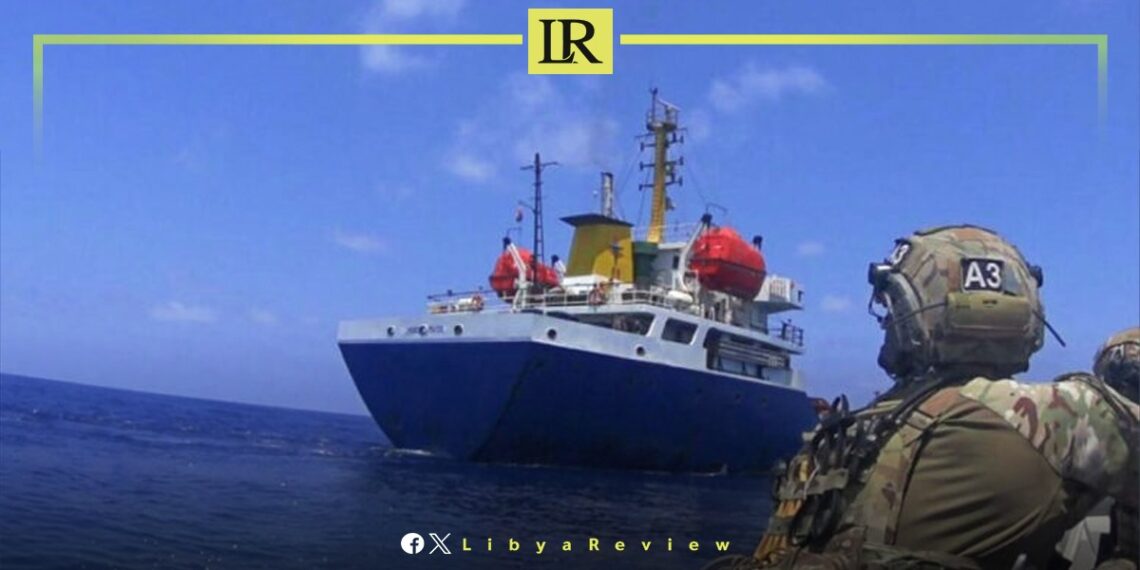NATIONAL SECURITY ISSUES
- Libyan authorities freed 44 irregular migrants who had been held captive in a trafficker-operated camp south of Tobruk. The migrants, in poor condition from extreme heat and dehydration, were rescued from an abandoned facility near the Nasser Airbase. The site, known as the “Abd al-Khaliq” camp, had been repurposed by human traffickers to detain migrants, primarily from sub-Saharan Africa, before attempting to smuggle them across the Mediterranean. The rescue operation, carried out by the Libyan Security Support Units, the Internal Security Agency, and the General Directorate of Criminal Investigation, took place after a tip-off regarding the illegal trafficking activities in the area. Authorities managed to rescue the migrants, providing them with food and water. However, just hours before the rescue, traffickers had moved another 100 migrants to an unknown location.
- Operation EUNAVFOR MED IRINI reported that it tracked 22 suspicious flights in October 2024 out of a total of 1,604 flights. In a statement, IRINI added that it also monitored 25 airports and landing strips and 16 ports and oil terminals as part of its ongoing operations within the European Union’s integrated approach to Libya. The Operation highlighted that in the same month, it investigated 460 merchant vessels through radio calls out of a total of 16,180 and conducted five vessel visits with the masters’ consent out of 676. IRINI emphasised its commitment to enforcing the UN arms embargo on Libya and underlined its contributions to the EU’s strategy, which combines political, military, economic, and humanitarian efforts aimed at stabilising Libya and enhancing security in the Mediterranean region.
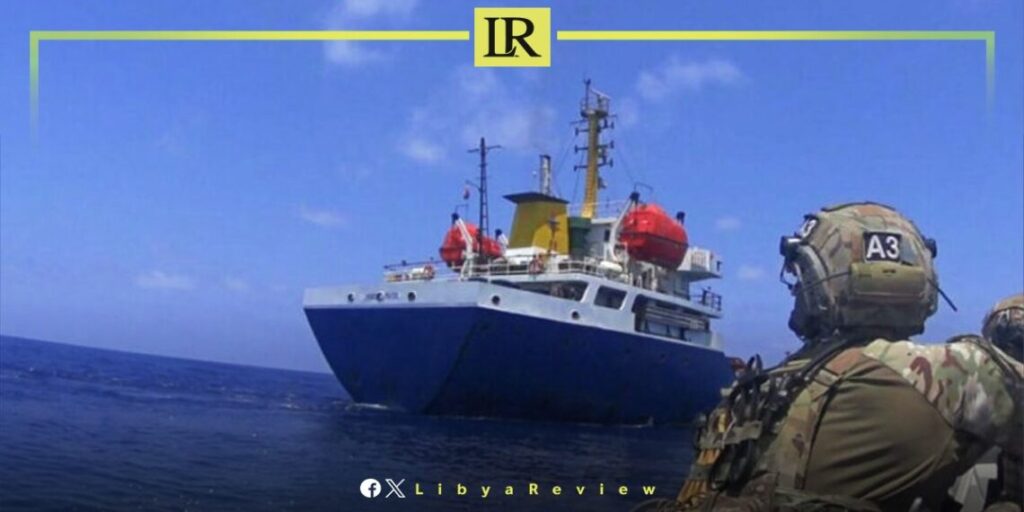
- The International Organization for Migration (IOM) successfully facilitated the voluntary repatriation of 166 Nigerian migrants from Libya to Nigeria, marking a significant step in the safe return program for stranded migrants. This operation, supported by the European Union, helped transport the group from the city of Sabha in southern Libya to Nigeria’s capital, Lagos, over the past week. Among those returned were five families and four unaccompanied children who had been separated from their families, ensuring vulnerable groups received prioritized assistance. Libya remains a major transit point for migrants attempting to reach Europe from various parts of Africa, the Middle East, and beyond. However, years of political instability and security issues have made the journey perilous, with many migrants finding themselves stranded in Libya without means to proceed or return home.
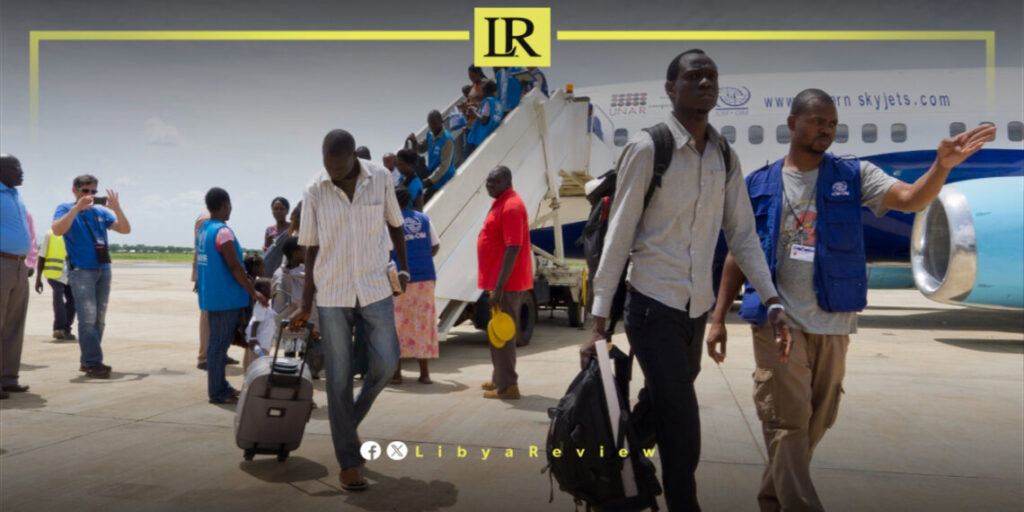
- Armed clashes erupted in Tripoli’s Zanata district, triggering panic among residents and raising fresh concerns over public safety in Libya’s capital. Eyewitnesses reported intense exchanges of gunfire between members of the Judicial Police near the Zanata Specialized Hospital, a key medical facility in the area. The sudden violence left residents fleeing the area in search of safety. The incident underscores the fragile security situation in Tripoli, where armed groups operate with significant autonomy, often leading to conflicts. While the cause of the clash remains unconfirmed, these skirmishes reflect the ongoing challenges among Libya’s various security factions, which frequently compete over territory and influence in the city.
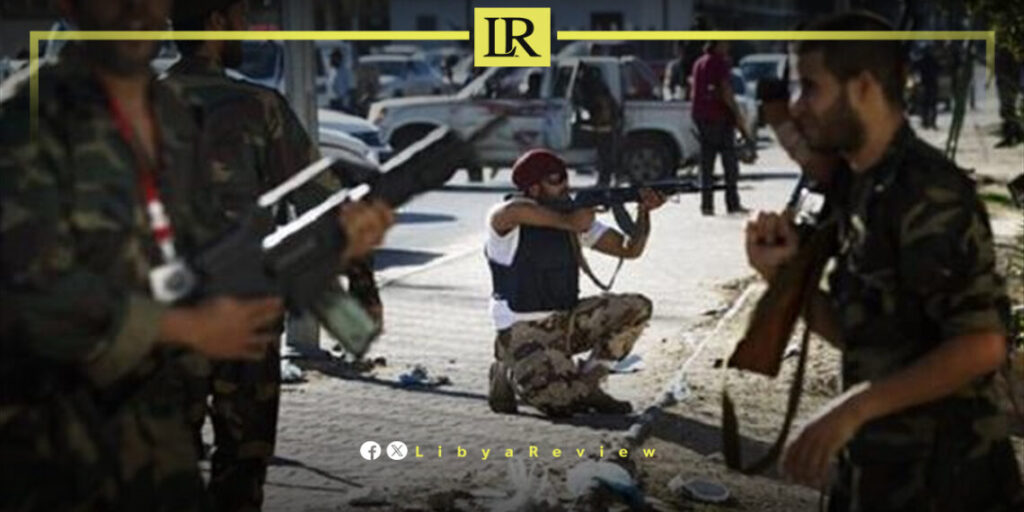
- Libyan authorities announced the discovery of the body of the captain of an Egyptian vessel that sank off the coast of Tobruk, eastern Libya. The captain, identified as Sudanese national Abdullah Dhabib Hassan, had been missing since the shipwreck incident. His body was transferred to the morgue at Um Al-Rizam General Hospital. This development follows the earlier report of an Egyptian commercial vessel sinking near Ras Al-Tin, west of Tobruk, due to severe weather conditions. The incident left three sailors missing while six were rescued. The tragedy highlights the persistent dangers facing vessels in the Mediterranean, particularly during volatile weather periods.
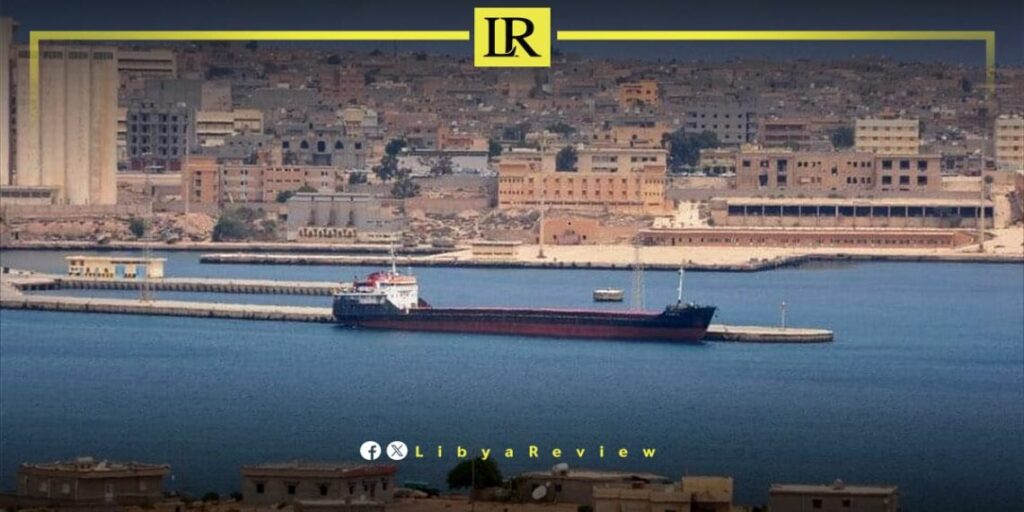
- The United Nations Mine Action Service (UNMAS) has issued a stark warning regarding Libya’s ongoing mine contamination crisis. Fatma Zrig, Director of UNMAS in Libya, stated that around 444 million square metres, equating to over 64% of the country’s hazardous areas, require urgent demining. This widespread contamination, a result of years of conflict, has left the country facing extensive challenges in ensuring civilian safety. In 2024 alone, landmine explosions have claimed the lives of 16 people, including children, a sharp increase from just two fatalities last year, according to the Libyan Mine Action Centre.
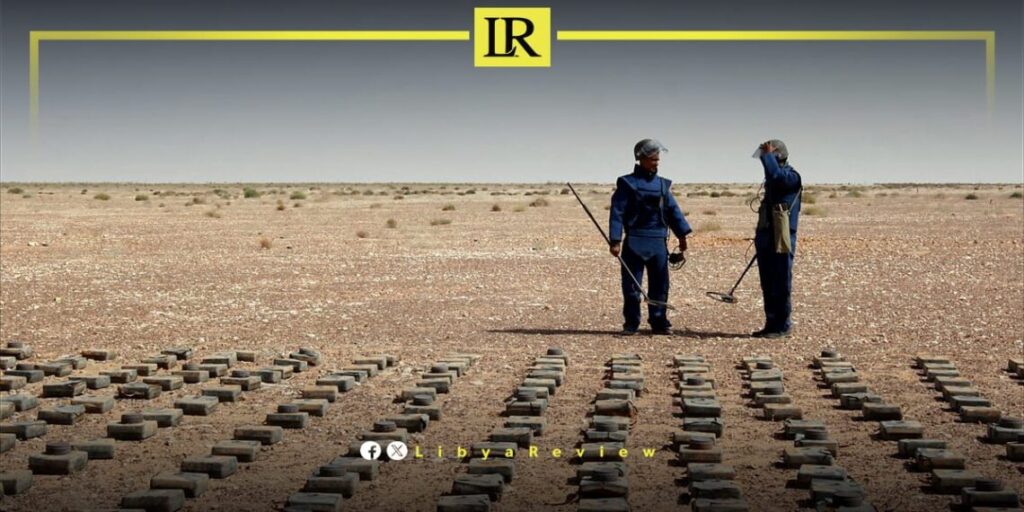
NATIONAL POLITICS AND SOCIAL ISSUES
- 98 mayors and heads of municipal and steering councils from cities and regions across eastern, southern, and western Libya have expressed their support for the call by the Head of the Libyan High National Elections Commission (HNEC), Emad Al-Sayeh, to hold municipal council elections as scheduled. This collective endorsement underscores the importance of adhering to the electoral timeline to ensure the continuity of local governance and the democratic process in Libya. Al-Sayeh had previously emphasised the necessity of conducting municipal elections within the established timeframe to maintain stability and uphold the principles of democracy at the local level.
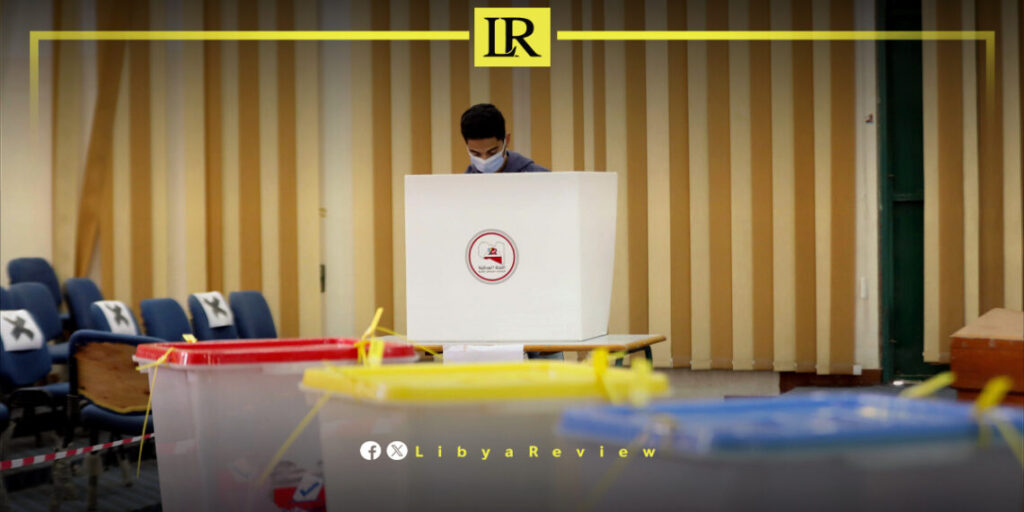
- The General Commander of the Libyan National Army (LNA) Field Marshal Khalifa Haftar held discussions with the British Ambassador to Libya, Martin Andrew, at the LNA’s headquarters in Benghazi. The meeting focused on recent political developments in Libya and explored ways to enhance collaboration between Libya and the United Kingdom across various sectors. Both sides emphasized their commitment to supporting mutual interests and contributing to Libya’s stability and growth. The discussions reflect ongoing international engagement in Libya’s efforts toward a political resolution, especially as the country remains divided.
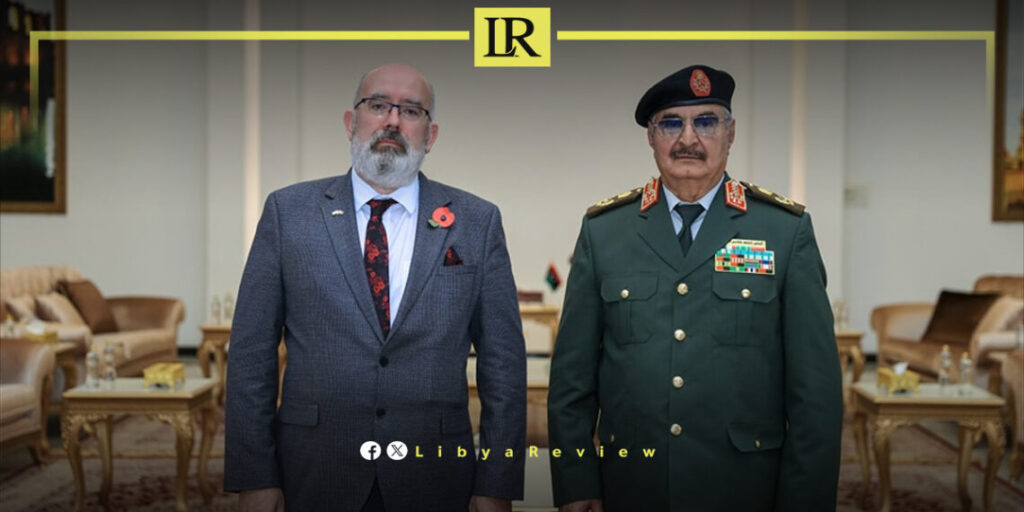
- In a recent meeting, the President of Libya’s Audit Bureau, Khaled Shakshak, and the Acting Head of the United Nations Mission in Libya, Stephanie Khoury, emphasised the need for unified and robust oversight bodies, as well as an independent judiciary, to support Libya’s path toward stability. During the discussions, Shakshak and Khouri highlighted the importance of enhancing transparency, accountability, and good governance to ensure that Libya’s resources are utilized effectively for the benefit of its citizens.
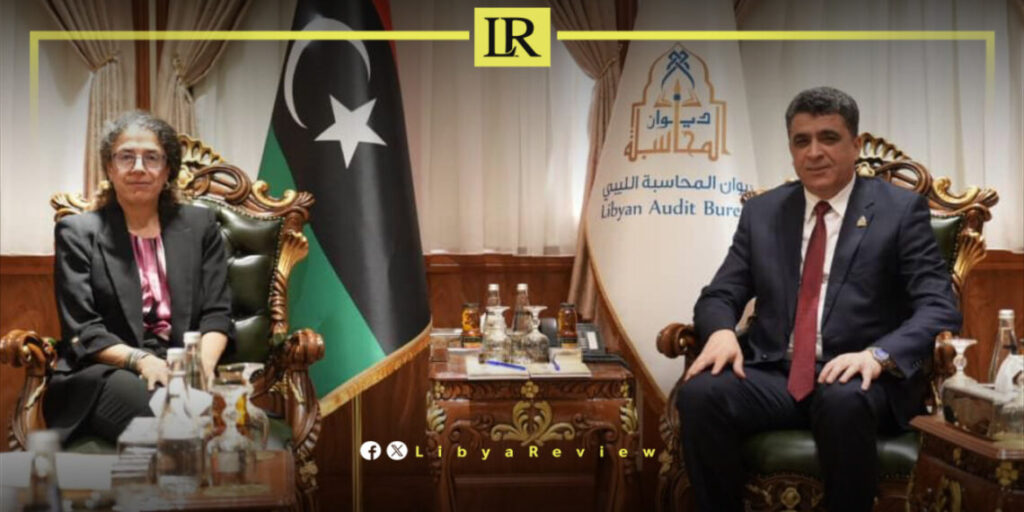
- The acting head of the United Nations Support Mission in Libya (UNSMIL), Stephanie Khoury, held her first official meeting with Naji Issa, the newly appointed Governor of the Central Bank of Libya (CBL). This meeting, which focused on Libya’s pressing economic issues, highlighted the UN’s support for Libya’s efforts to stabilize the economy, particularly through measures aimed at strengthening the Libyan dinar and addressing the country’s prolonged cash shortage. Khoury congratulated Issa on his new role, acknowledging the critical responsibilities he shoulders amid Libya’s current economic challenges.
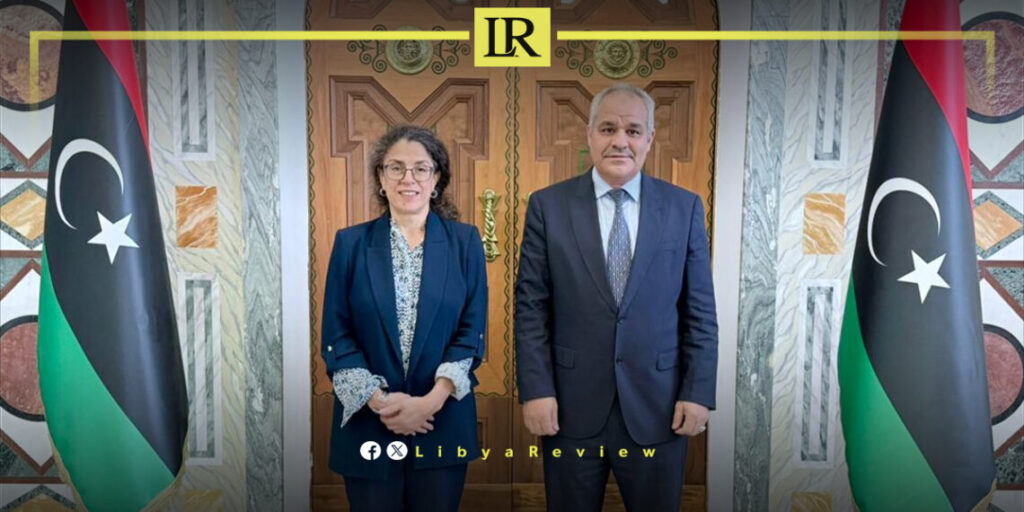
INTERNATIONAL RELATIONS
- Representatives from Libya’s National Development Agency, including the Director of the Executive Office, the Director of International Cooperation, and the Head of Services, recently met with the President of the Italian-Libyan Chamber of Commerce to discuss avenues for collaboration. The discussions focused on cooperation in reconstruction efforts, stability enhancement, development initiatives, and road and infrastructure improvement. The President of the Italian-Libyan Chamber expressed interest in strengthening partnerships between Italian companies and the National Development Agency, noting a rising interest from international firms in the region. During the meeting, the chamber’s president proposed a high-level delegation visit by prominent Italian companies to Sirte. The visit aims to explore potential Italian contributions to reconstruction projects led by the National Development Agency in Sirte, Jufra, and southern and southwestern Libya.
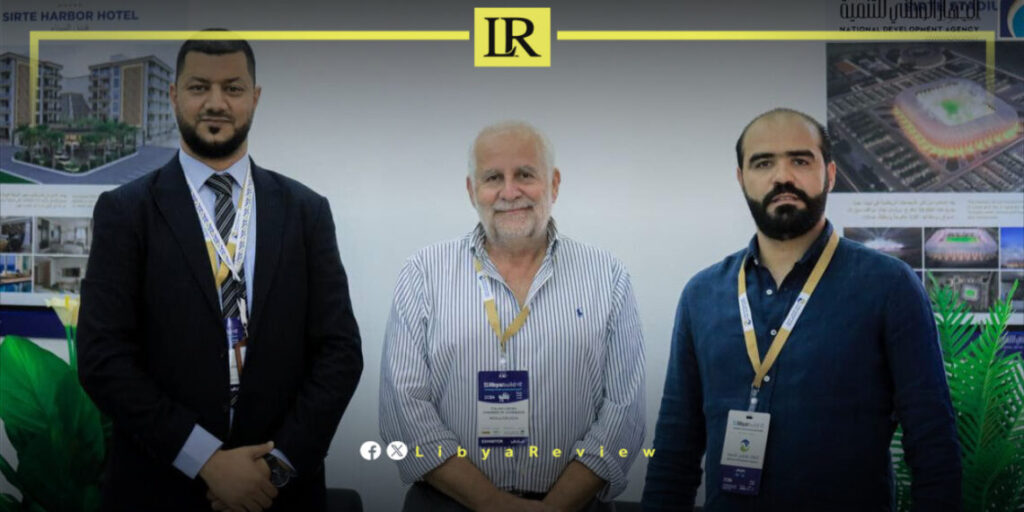
- The meeting, which also saw the presence of Abdullah Al-Masri Al-Fadhil, Chief of Staff of the Libyan House of Representatives, and Abdulhadi Al-Hwaij, Minister of Foreign Affairs and International Cooperation, aimed to deepen the friendship and cooperation between Libya and Guinea-Bissau. At the outset, Sanou conveyed the greetings of the Guinea-Bissau President, emphasizing the importance of strengthening bilateral relations. The discussions focused on various strategies to enhance and develop ties to benefit both nations and their people. The dialogue underscores Libya’s ongoing efforts to bolster international relationships and foster global cooperation, reflecting its commitment to playing a pivotal role on the international stage.
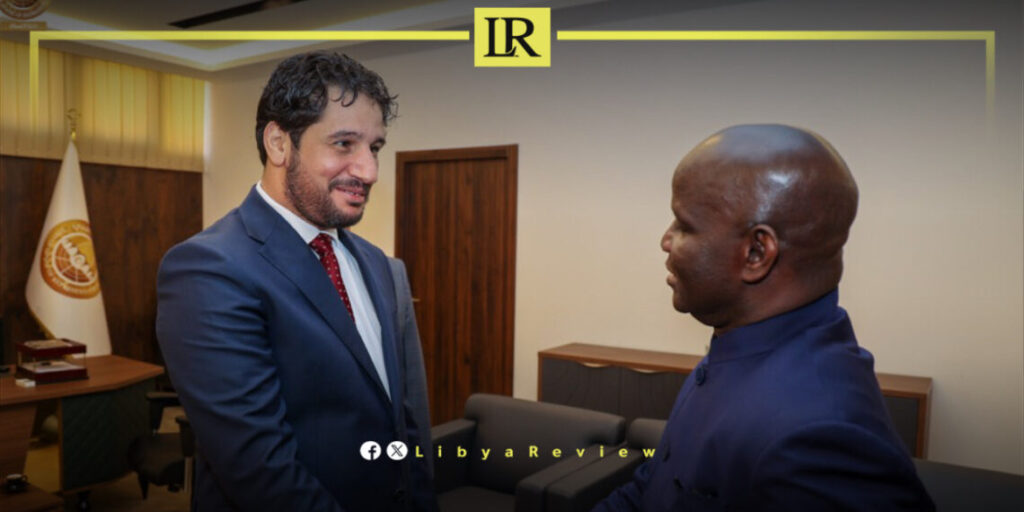
- Khalifa Abdul Sadiq, the appointed Oil Minister for Libya’s Government of National Unity, met with a delegation from British Petroleum (BP) during the sideline meetings of the ADIPEC conference held in the United Arab Emirates. The Oil Ministry’s media office reported that the meeting focused on BP’s operations in Libya and upcoming drilling programs in untapped regions. Discussions also covered investment opportunities in Libya’s oil and gas sector. BP expressed a desire to expand its investment portfolio and support the institution’s policies, aiming for mutual benefits from the available opportunities to develop the oil and gas sector in Libya.
